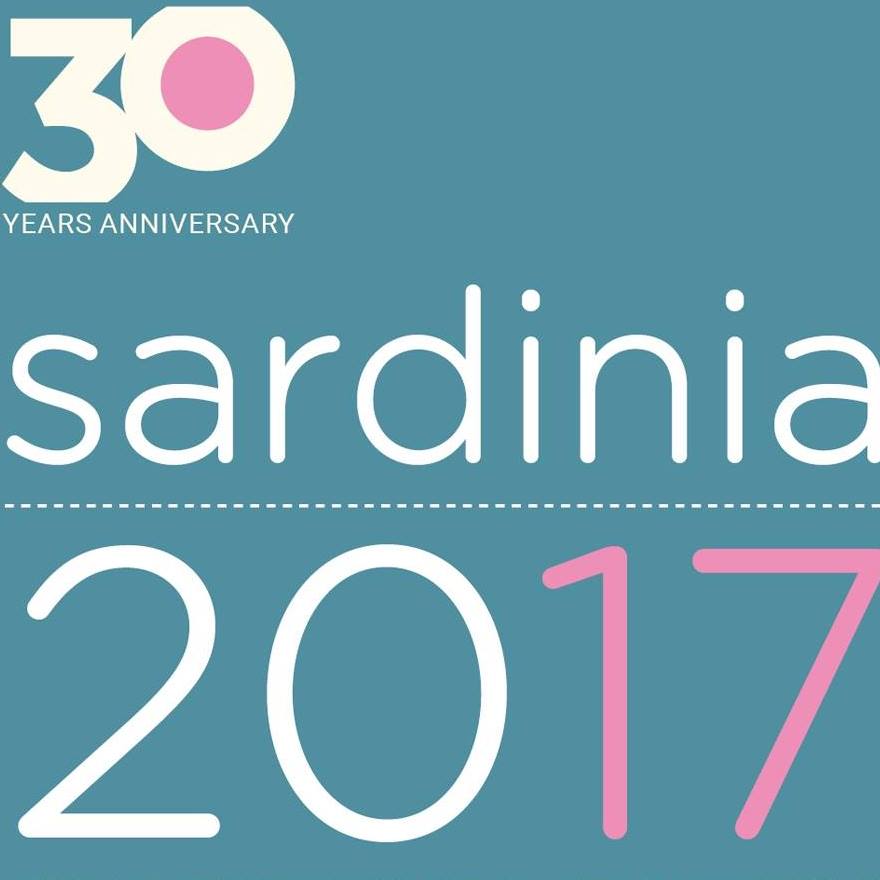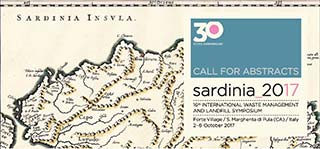Two our researchers will present REPAiR at the largest event of the year in the field of Waste Management and Landfilling.
Following the incredible success of Sardinia 2015 / Arts Edition, which saw the participation of 732 delegates from more than 70 different countries, the organizers announced the 30th Anniversary of Sardinia Symposia, the reference forum for the international community since 1987. Sardinia 2017, which will take place at the beginning of October 2017, promises to be the largest event of the year in the field of Waste Management and Landfilling. In line with tradition, the sixteenth edition of the conference will focus on advances of Waste Management science and technologies, presenting case studies and discussing key controversial subjects, sharing experiences from different countries, and assessing social and economic balances.
More on conference: www.sardiniasymposium.it or www.facebook.com/SardiniaSymposium
REPAiR researchers from Ghent University, S.E. Taelman and J. Dewulf will present there a paper “Waste management in (peri-)urban areas: integrated assessment of environmental, social and economic sustainability in a collaborative decision support environment”.
Here you can read the abstract of the paper:
Waste management is an important function of a city government and a key utility service on which the inhabitants depend. The main purpose of waste management technologies and policies are to protect human and environmental health by reducing the negative impacts of waste and finding beneficial reuses for it. In light of the on-going initiatives of the European Commission towards establishing a strong circular economy, a project named REPAiR (REsource Management in Peri-urban Areas: Going Beyond Urban Metabolism) was able to start in 2016. The core objective of REPAiR is to provide local and regional authorities with an innovative transdisciplinary open source geodesign decision support environment (GDSE) which will be implemented in living labs in six metropolitan areas (Amsterdam, Naples, Hamburg, Ghent, Lodz, Warsaw).
The GDSE aims at creating integrated, place-based eco-innovative spatial development strategies to quantitatively reduce waste flows in the strategic interface of (peri-)urban areas. These strategies will promote the use of waste as a resource to achieve enhanced spatial quality, living conditions (health, well-being) and sustainable urban development. Therefore, the integration of life cycle thinking, urban metabolism, material flow analysis, stakeholder participation and geodesign plays a crucial role in the iterative development and validation of the GDSE. An essential part of the GDSE is establishing a multidisciplinary sustainability framework that allows the assessment of environmental, social and economic consequences of the present urban waste management system and the influences of eco-innovative solutions in a spatially differentiated and transdisciplinary way.
This will be achieved by quantifying and tracking essential resource and emission flows, mapping and quantification of negative and positive effects of present and future waste management scenario’s not only at a global/regional scale but also on a local scale, and the determination of a set of (semi-)quantitive indicators to inform decision makers concerning the optimization of (re-)use of waste.



